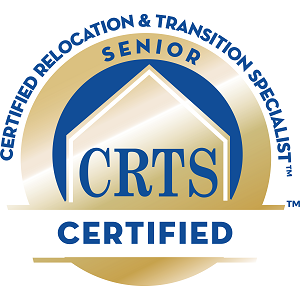Welcome to the March edition of the newsletter for CRTS™ certificants!
How to Get Guardianship of an Elderly Parent
When an older adult loses the ability to think clearly, it also affects their ability to make informed and meaningful decisions. This may occur due to Alzheimer’s disease or other related dementias, stroke, brain injury, mental illness, or other serious health issues. If the person you are caring for is unable to make rational decisions about their health care, their finances, or other aspects of their life, seeking legal guardianship may be necessary to ensure their safety and quality of life.
Springing vs. Durable Power of Attorney: What’s the Difference?
Power of attorney documents are crucial for enabling trustworthy family members to help manage seniors’ medical care, bills and legal affairs. The principal can specify what powers their agent has—whether broad or limited—when the document is created. This legal preparation is invaluable for elders who become incapable of making informed decisions for themselves.
Power of Attorney
An important part of lifetime planning is the power of attorney. A power of attorney is accepted in all states, but the rules and requirements differ from state to state. A power of attorney gives one or more persons the power to act on your behalf as your agent. The power may be limited to a particular activity, such as closing the sale of your home, or be general in its application. The power may give temporary or permanent authority to act on your behalf.




